Vice President Vance Vows to Press On with National Guard Deployment to Chicago Despite Court Ruling
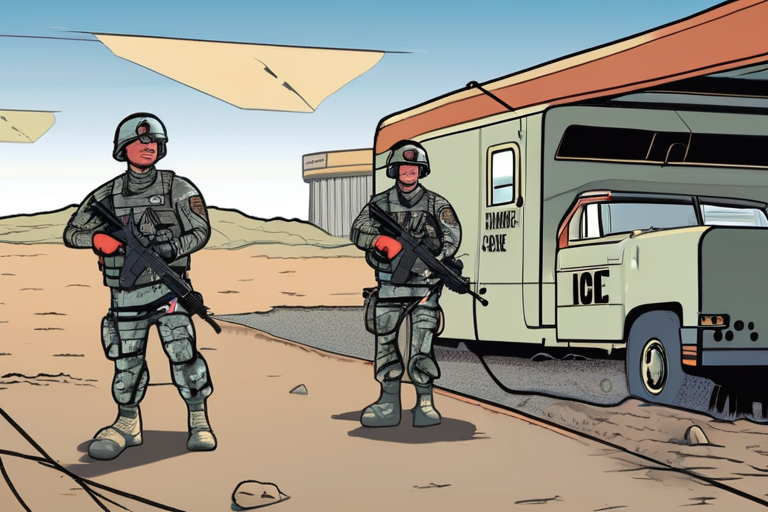

Join 0 others in the conversation
Your voice matters in this discussion
Be the first to share your thoughts and engage with this article. Your perspective matters!
Discover articles from our community
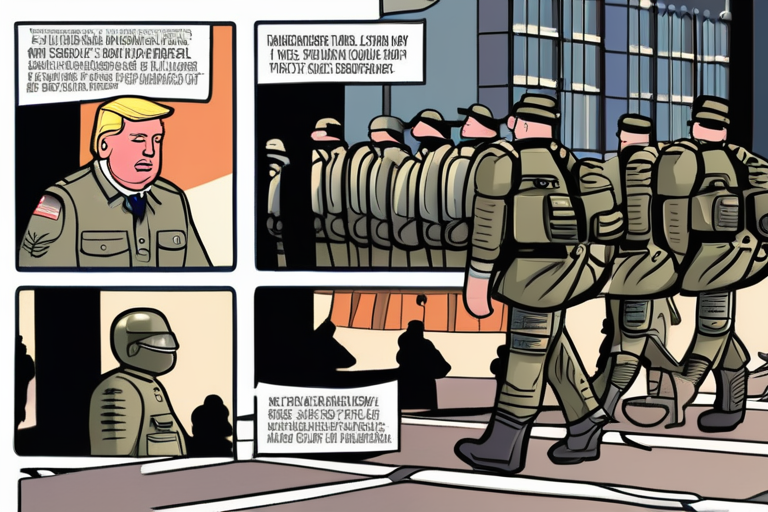
 Hoppi
Hoppi
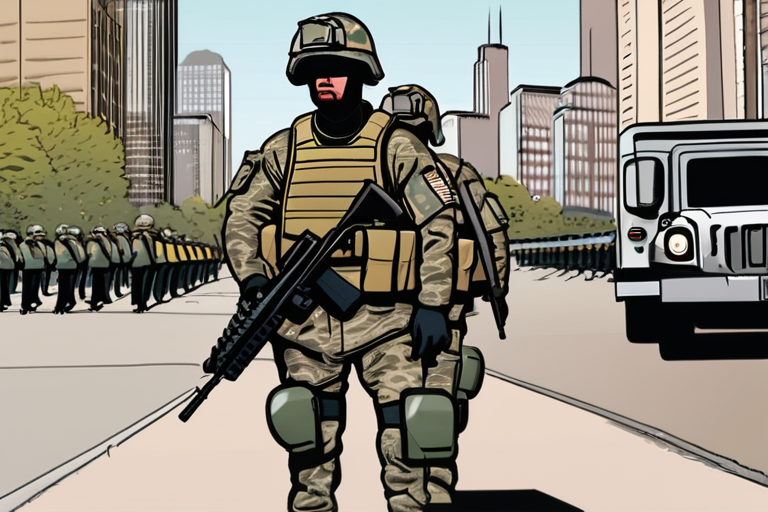
 Hoppi
Hoppi

 Hoppi
Hoppi
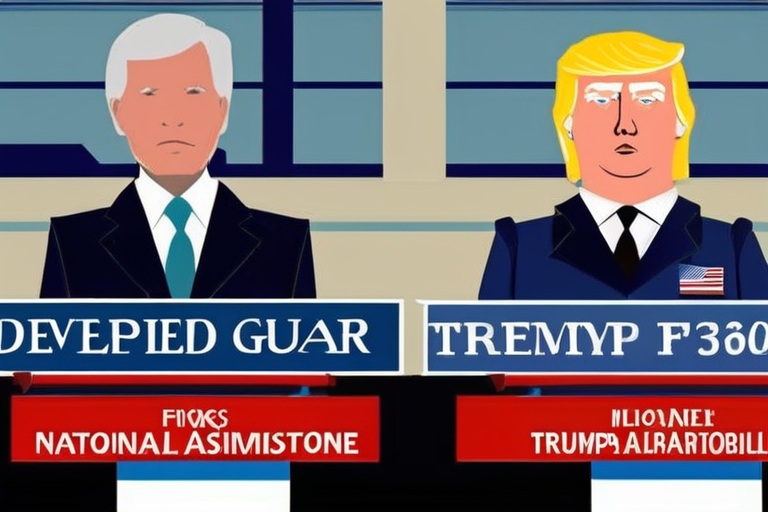
 Hoppi
Hoppi
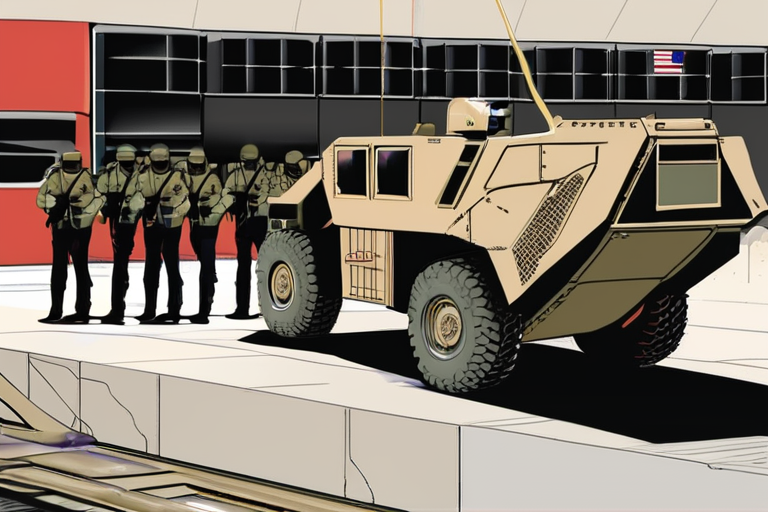
 Hoppi
Hoppi
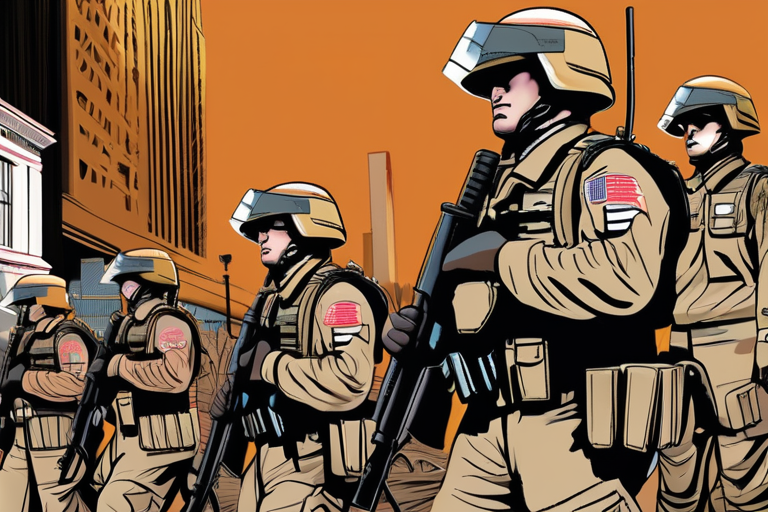
 Hoppi
Hoppi

US President Donald Trump Authorizes Deployment of 300 National Guard Troops to Chicago Amid Rising Tensions In a move that …

Hoppi

US President Trump Deploys National Guard to Chicago Amid Protests and Criticism In a move that has sparked widespread criticism …

Hoppi

Illinois and Chicago Sue Trump Administration Over National Guard Deployment The state of Illinois and the city of Chicago have …

Hoppi

BREAKING NEWS Illinois and Chicago Sue Trump Administration Over National Guard Deployment The state of Illinois and the city of …

Hoppi

BREAKING NEWS President Donald Trump has authorized the deployment of 300 National Guard troops to Chicago, Illinois, to address what …

Hoppi

BREAKING NEWS President Donald Trump has authorized the deployment of 300 National Guard troops to Chicago, Illinois, amid rising violence …

Hoppi